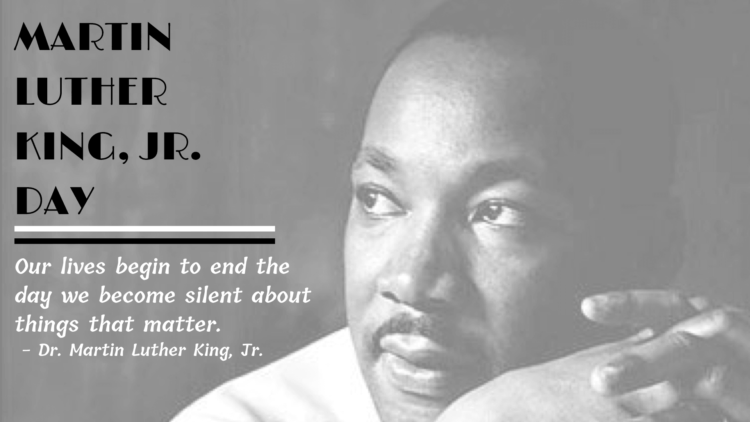
Jan. 18. By Dave Yochum. North Carolina ranks eighth in the US based on racial progress in recent years, according to a study from WalletHub. While roughly half of Americans say the nation hasn’t done enough to give Blacks equal rights, the study says North Carolina is in the top third of states in terms of improving the homeownership gap, standardized test score gap and labor-force participation gap.
However on Martin Luther King Jr. Day 2021, Charlotte still ranks 50th out of America’s 50 largest cities for economic mobility, meaning a child born into poverty is unlikely to escape.
Charlotte is also the third most economically segregated city in the US, a result of historic segregation and patterns of investment, according to the Charlotte Future 2040 Comprehensive Plan.
Federal policies
The major cause of the wealth gap between African Americans and whites are the “deliberate policies of the federal government which have undermined Black wealth channels,” said Abel A. Bartley Ph.D, a history professor at Clemson University.
“Housing policies have encouraged and incentivized white homeownership and thwarted Black ownership,” he said. Policies like redlining, federal lending and educational inequities have allowed whites to build wealth while handicapping African Americans,” Bartley said.
Here’s how North Carolina scored in WalletHub’s study, which sought to measure America’s progress “in harmonizing racial groups.”
Racial Progress in NC (1=Most Progress, 25=Avg.):
19th – Change in Median Annual Household Income Gap
9th – Change in Labor-Force Participation Rate Gap
24th – Change in Unemployment Rate Gap
14th – Change in Homeownership Rate Gap
7th – Change in Poverty Rate Gap
22nd – Change in Gap in % of Adults* with at Least a High School Diploma
15th – Change in Standardized-Test Scores Gap
4th – Change in Voter-Turnout Gap (2016 Presidential Election)
The comparisons refer to the gaps between white people and Black people over time.
WalletHub measured the gaps between Black people and white people across 21 key indicators of equality and integration in each of the 50 states and the District of Columbia. The data set ranges from median annual household income to standardized-test scores to voter turnout.
Political split
Among Democrats and those who lean Democratic, 78 percent say the country hasn’t gone far enough when it comes to Black people having equal rights with White people, up from 66 percent in 2019.
In contrast, 17 percent of Republicans and those who lean to the GOP would agree, according to a Pew Research Center study.




